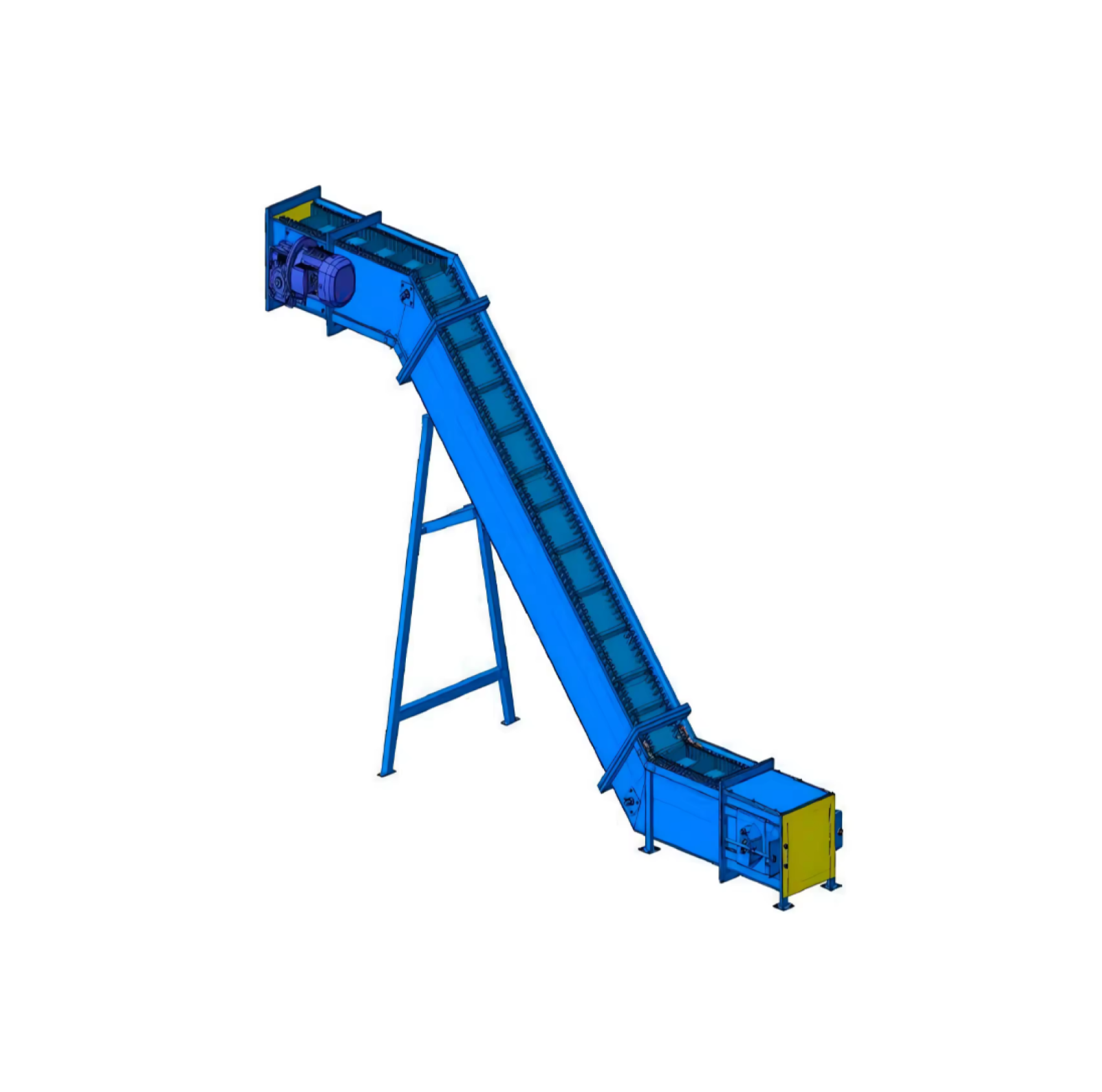As the world pays more and more attention to sustainable development, the agricultural field has also begun to explore ways to reduce waste generation. Agricultural waste in farmland not only consumes a lot of resources, but also may burden the environment. In this context, the application of drying equipment has become a solution, and through its efficient drying technology, it has brought new opportunities for farmers to deal with surplus crops.
Drying equipment can quickly remove moisture from materials through the transfer of heat energy and the flow of air. Its core technologies include hot air circulation, vacuum low-temperature drying, etc., which can effectively improve drying efficiency, reduce energy consumption, and make rational use of agricultural waste.

With drying equipment, farmers can efficiently dry waste such as leftover crops, weeds, and fruit and vegetable residues, and convert them into valuable feed or other agricultural products. For example, dried fruit and vegetable residues can be used to make feed, reducing feed procurement costs and improving resource utilization.
As the concept of environmental protection has gained popularity, agricultural enterprises prefer low-energy, environmentally friendly drying equipment when choosing equipment. Drying technology can not only reduce the emission of agricultural waste, but also reduce the carbon dioxide emissions caused by burning waste, promoting the development of zero-waste agriculture.
In short, drying equipment plays an important role in reducing agricultural waste. Through efficient processing methods, it improves resource utilization and promotes the sustainable development of agriculture. In the future, with the development of technology, drying equipment will show its advantages in a wider range of fields.

We are committed to providing high-performance drying equipment to promote sustainable agricultural development. If you are interested in our products, please contact us to discuss more environmentally friendly agricultural solutions.
